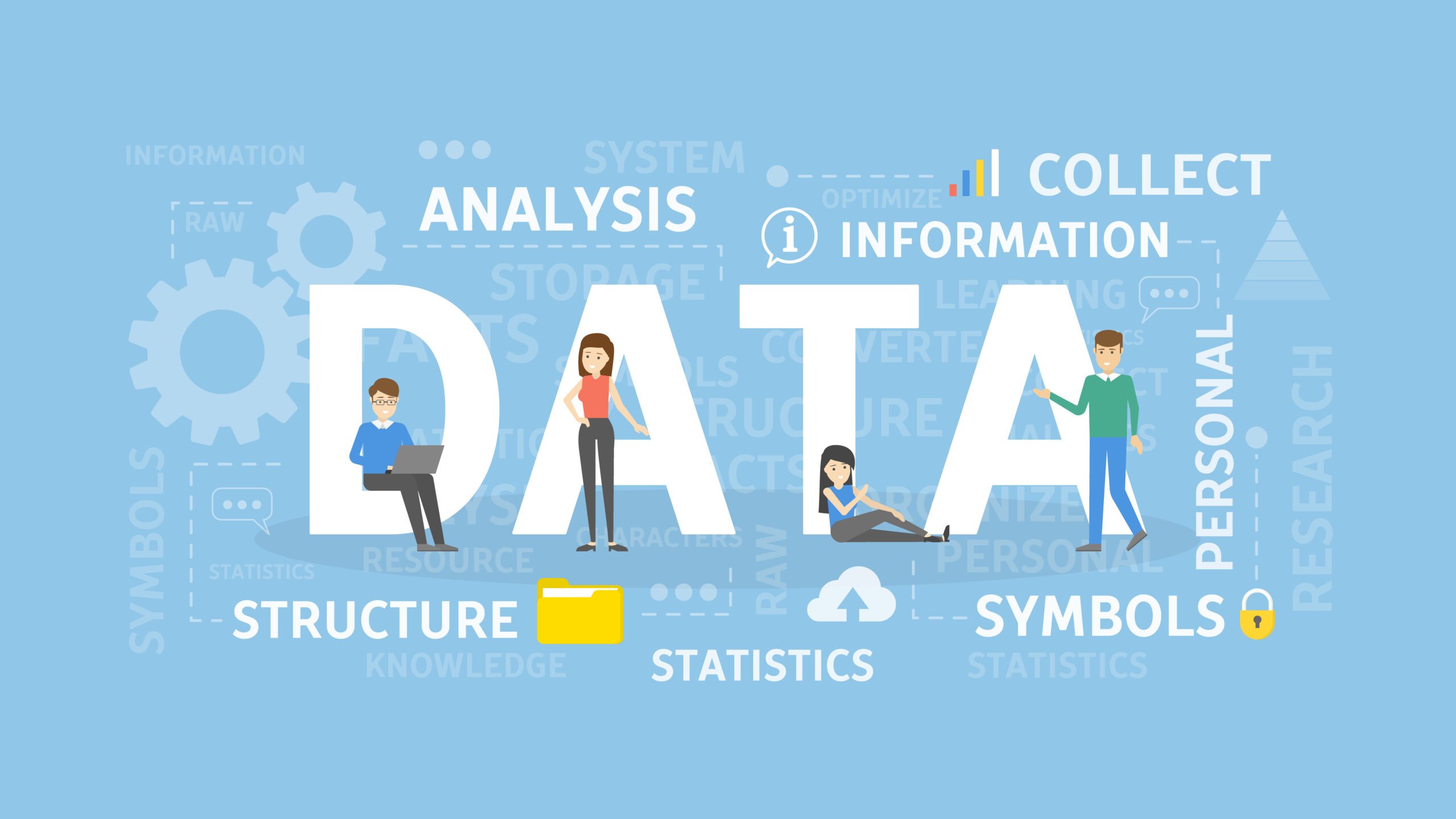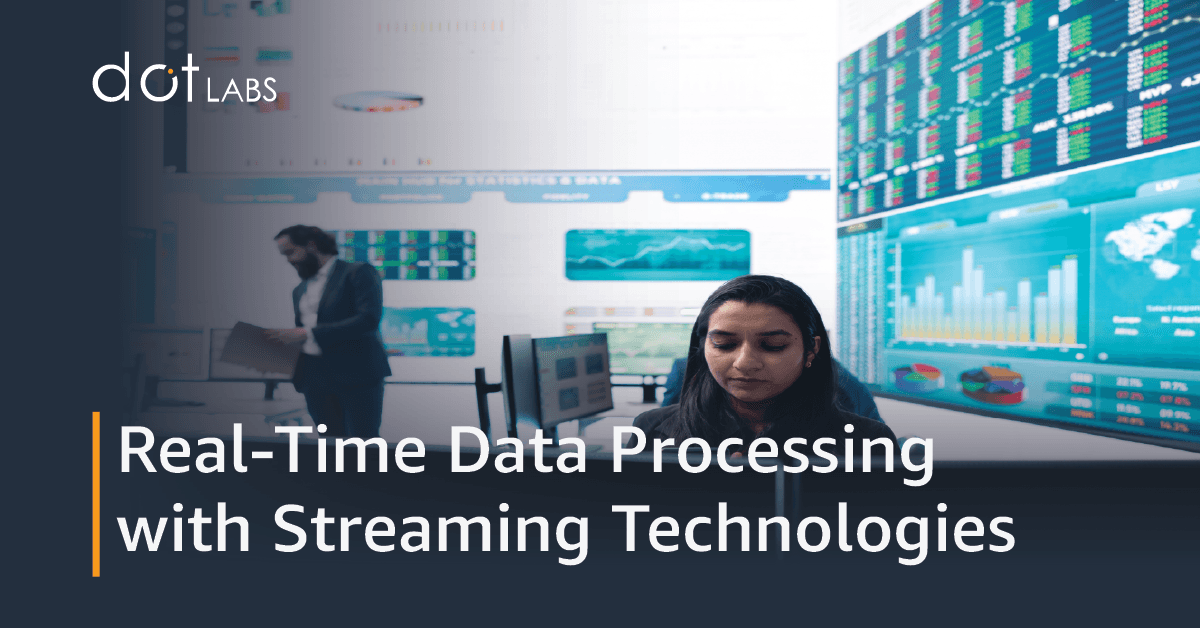In the ever-evolving landscape of data engineering, a transformative concept is gaining prominence, Data Mesh Architecture. As organizations deal with the complexities of managing and harnessing the power of data, this approach is emerging as a beacon of innovation and scalability. In this blog, we explore the intricacies of Data Mesh Architecture, exploring its significance, principles, and implications in the realm of data engineering.
Understanding Data Mesh Architecture
Traditionally,
data engineering has revolved around centralized data warehouses and monolithic
ETL (Extract, Transform, Load) processes. However, the explosive growth of data
and the need for agility have exposed the limitations of this conventional
approach. Data Mesh Architecture challenges this paradigm by offering a
decentralized, domain-centric model for managing data at scale.
At
its core, Data Mesh promotes the idea that data should be treated as a product,
with individual teams or domains taking ownership of their data. This shift in
perspective enhances data quality and fosters a culture of data democratization
and self-service.
Four Key Principles of Data Mesh
Data
Mesh Architecture is guided by four fundamental principles:
- Domain-Oriented Ownership: In a Data Mesh, an
organization's domain or business unit is responsible for its data. This
approach decentralizes data ownership, making teams accountable for data
quality and reliability.
- Data as a Product: Data is treated as a product, and data teams act
as product teams. This encourages the development of data products that
are easily discoverable and accessible by other teams within the
organization.
- Self-Service Data Platform: Data Mesh emphasizes the
creation of a self-service data platform that abstracts the complexity of
data infrastructure. This platform enables teams to easily publish,
discover, and consume data.
- Federated Computational Governance: Data Mesh promotes federated
computational governance rather than centralizing all data processing.
Data computation and transformation are performed within domain
boundaries, reducing the need for large, centralized ETL processes.
Benefits and Implications
The adoption of Data Mesh Architecture brings several advantages to data engineering:
- Scalability: With a decentralized approach, organizations can scale their data capabilities more efficiently, accommodating ever-growing data volumes and diverse use cases.
- Improved Data Quality: Domain ownership enhances
data quality and reliability, as teams have a vested interest in
maintaining their data products.
- Faster Time-to-Insight: Self-service data platforms
reduce the time and effort required to access and analyze data, empowering
teams to make data-driven decisions more swiftly.
- Flexibility: Data Mesh accommodates heterogeneity in data sources and technologies, allowing organizations to work seamlessly with various data types and tools.
While Data Mesh Architecture offers promising benefits, its adoption is not without challenges. Organizations need to consider factors like cultural shifts, tooling, and governance to ensure a successful transition. Moreover, the model may not be suitable for all contexts, and its implementation should align with the organization's specific needs and goals. In the rapidly evolving world of data engineering, Data Mesh Architecture stands as a revolutionary approach that challenges the status. By decentralizing data ownership, treating data as a product, and fostering self-service capabilities, organizations can achieve greater scalability, improved data quality, and faster insights. While challenges exist, the promise of Data Mesh is clear: “It represents a paradigm shift that can empower organizations to unlock the full potential of their data in the years to come”. As data engineers and leaders, embracing this transformation may be the key to staying ahead in the data-driven future. Challenges and Considerations

Dot Labs is an IT
outsourcing firm that offers a range of services, including software
development, quality assurance, and data analytics. With a team of skilled
professionals, Dot Labs offers nearshoring services to companies in North
America, providing cost savings while ensuring effective communication and collaboration.
Visit our website: www.dotlabs.ai , for more information on how Dot
Labs can help your business with its IT outsourcing needs.
For more informative
Blogs on the latest technologies and trends click
here




